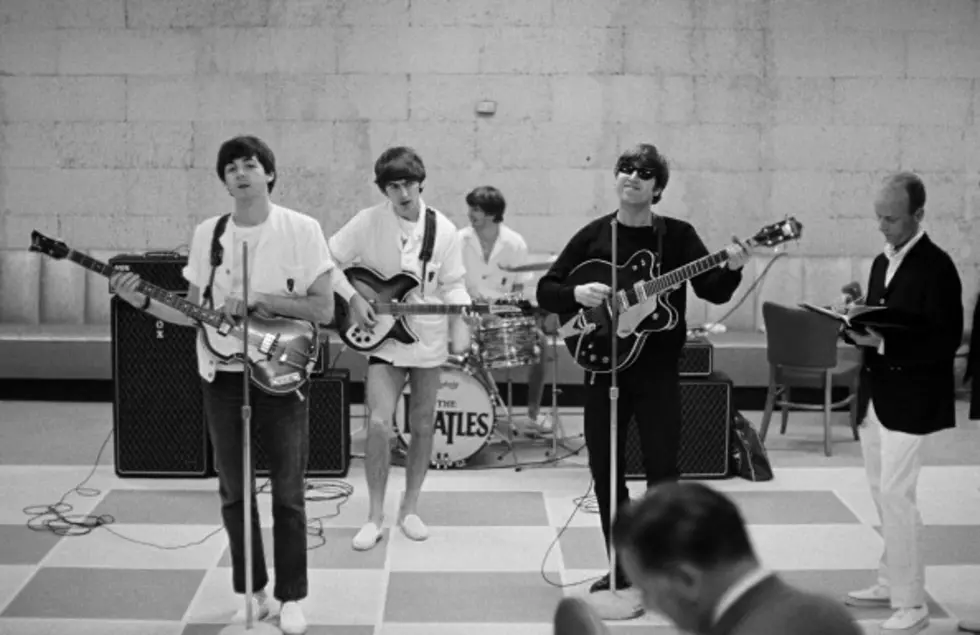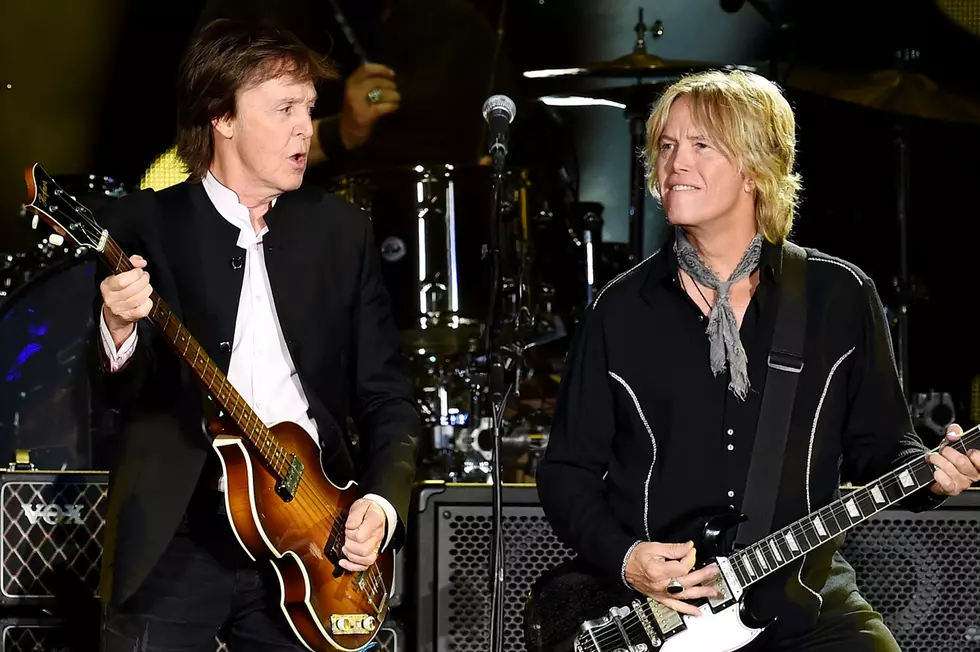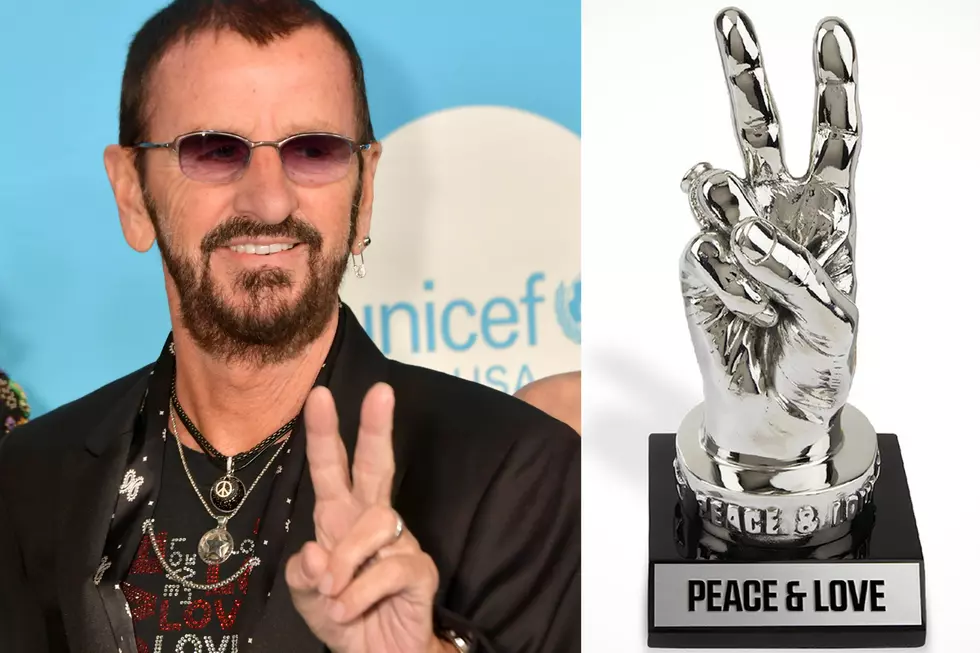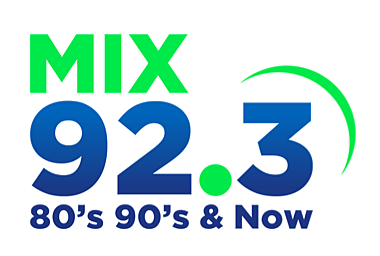
Behka’s Breakfast with The Beatles Recap: Week of August 18
Every day I start my show with a song from my favorite band, The Beatles. There's nothing better than a good Beatles song, in my opinion. Anyway, here's a look at all the songs I played this week. On Monday, I played "I Will".
"I Will" was one of the songs worked on by the Beatles and their associates while in Rishikesh, India. Although the music came together fairly easily, the words were worked on in India, and remained unfinished even as recording began back in London. This quiet song required 67 takes, and George Harrison did not play (during The Beatles sessions, the Beatles often recorded in separate studios). During take 19 of "I Will", McCartney ad-libbed an untitled and uncopyrighted song (referred to as "Can you take me back?" by author Ian MacDonald), a 28-second segment of which ended up on side 4 of the album The Beatles as an introduction to "Revolution 9".
On Tuesday, I played "Here, There and Everywhere".
"Here, There and Everywhere" is a song written by Paul McCartney, recorded for the Beatles' 1966 album Revolver. In his biography Many Years From Now, McCartney said the song is one of his favorites. Inspired by the Beach Boys' album Pet Sounds, McCartney wrote the song at Lennon's house in Weybridge while waiting for Lennon to wake up.
On Wednesday, I played "Bad Boy".
"Bad Boy" is a song composed and recorded by Larry Williams. The song was recorded at Radio Recorders in Hollywood, California on August 14, 1958. "Bad Boy" is one of several Larry Williams songs which the Beatles covered during their career. Along with "Dizzy, Miss Lizzy", "Bad Boy" was recorded by the band on May 10, 1965 (Larry Williams' birthday), and was originally intended for a solely American release; however, "Dizzy, Miss Lizzy" featured on the British Help! album that year. "Bad Boy" was first released on Beatles VI in June 1965. It eventually got a UK release on A Collection of Beatles Oldies in December 1966. It is also available on the 1988 release, Past Masters, Volume One.
On Thursday, I played "You've Got to Hide Your Love Away".
Lennon's vocal style was inspired by the American singer Bob Dylan. Lennon wrote the song at home during what he called his "Dylan period", wanting another song for the film Help!. The song "is just basically John doing Dylan", Paul McCartney confirmed. This version is on the compilation The Beatles Anthology 2, which features an earlier take, showing how similar the end result was.
On Friday, I played "Piggies".
This song was originally written in 1966 and worked up for the White Album after Harrison found a copy of the manuscript at his parents' home in 1968. Harrison's mother provided the line "What they need's a damn good whacking", and Lennon contributed the line "clutching forks and knives to eat their bacon." There was an additional verse written for the song in 1968 but omitted during the actual recording. It involved the "piggies" playing "piggy pranks" to achieve its rhyming couplet of "piggy banks." Charles Manson derived personal meaning from many songs of The White Album. "Piggies" was used in particular to justify attacks on the White establishment, with the lyrics "what they need's a damn good whacking" reflecting the attacks on Blacks in what Manson envisioned would be an apocalyptic race war. During the murders of Sharon Tate, Leno and Rosemary LaBianca, Gary Hinman and others, the words 'political piggy', 'pig' and 'death to pigs' were written with the victims' blood on the walls. In the case of the LaBianca murders, knives and forks were actually inserted into the victims in reference to the lyric "Clutching forks and knives to eat their bacon".
Let me know if there's something you'd like to hear next week. We start up again at 6:00 a.m. on Monday!
Baconly yours,
Behka
More From Mix 92.3









